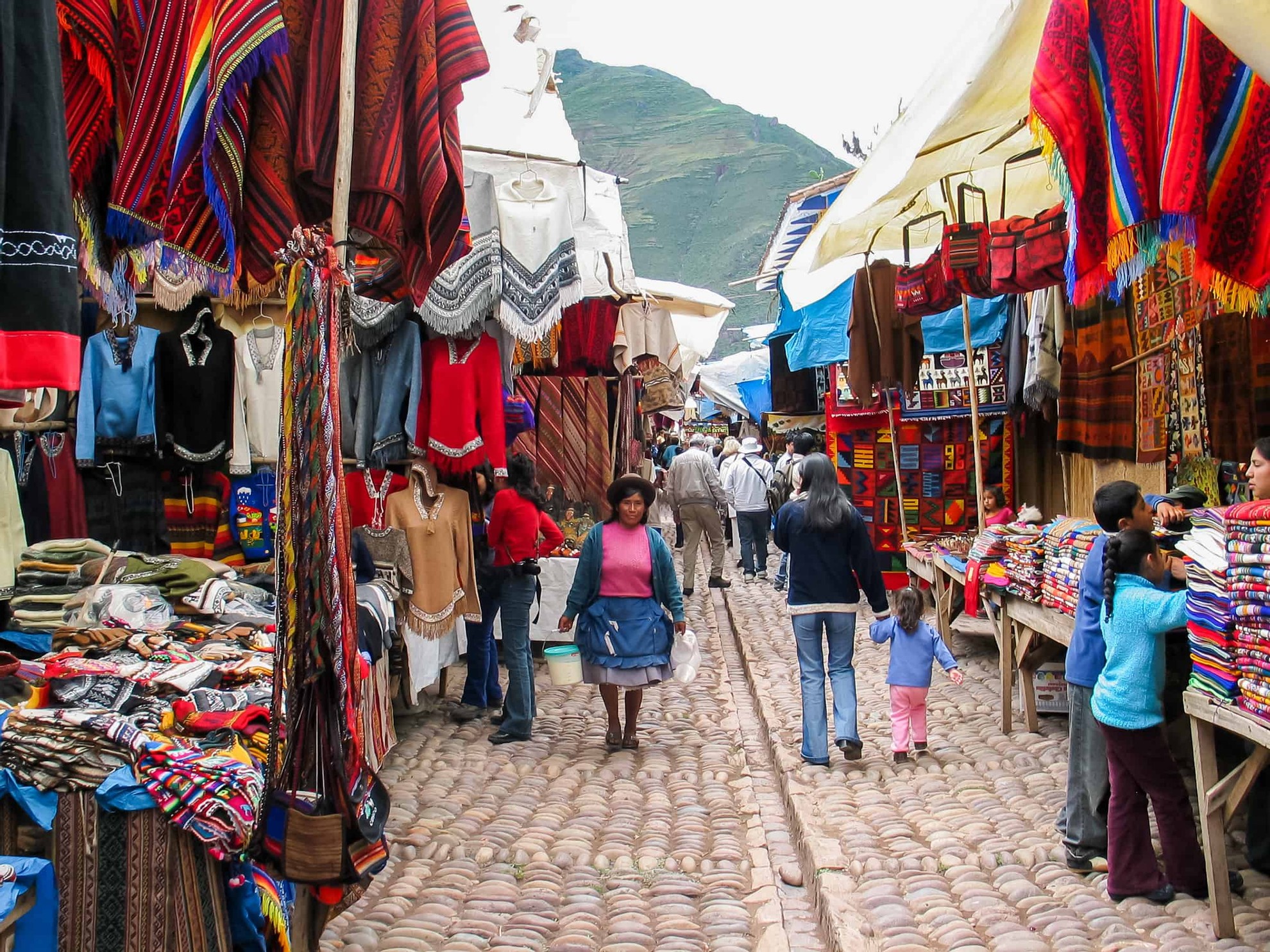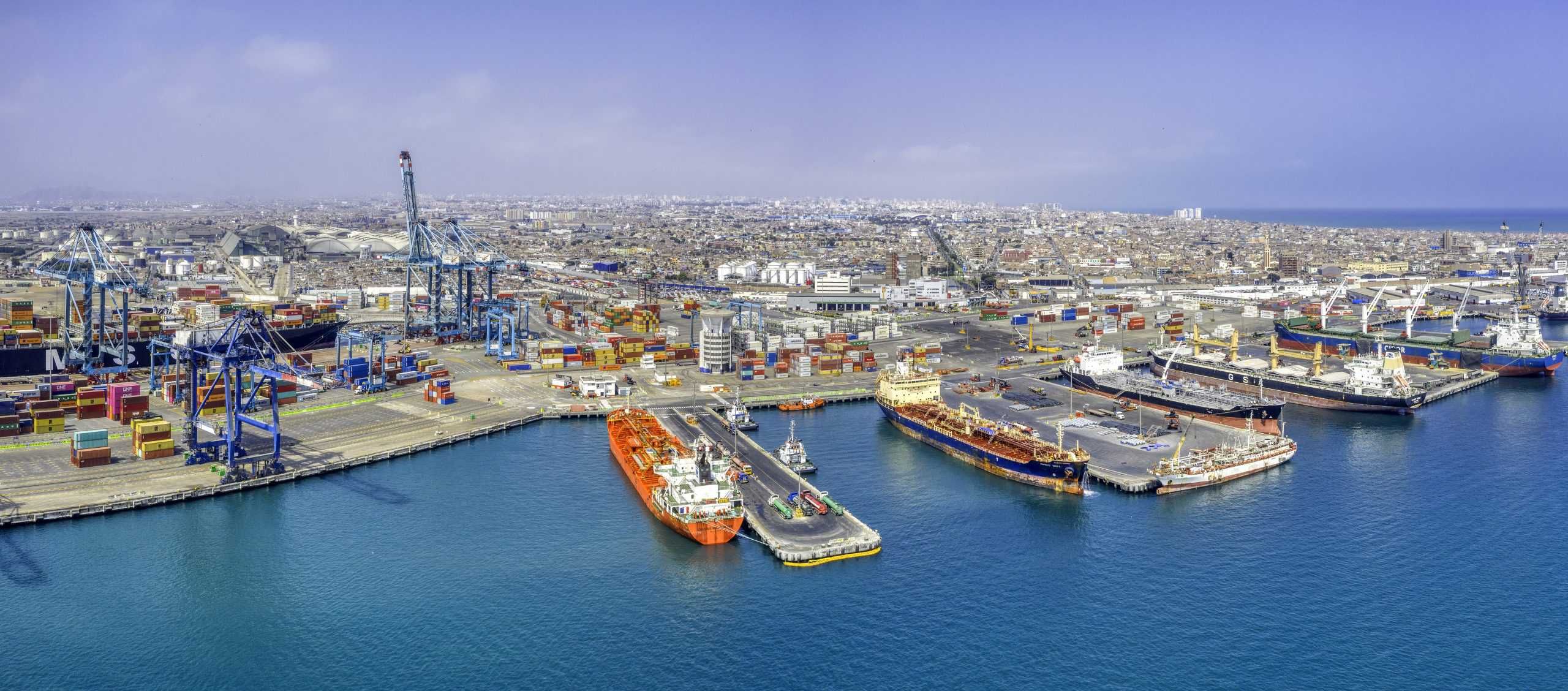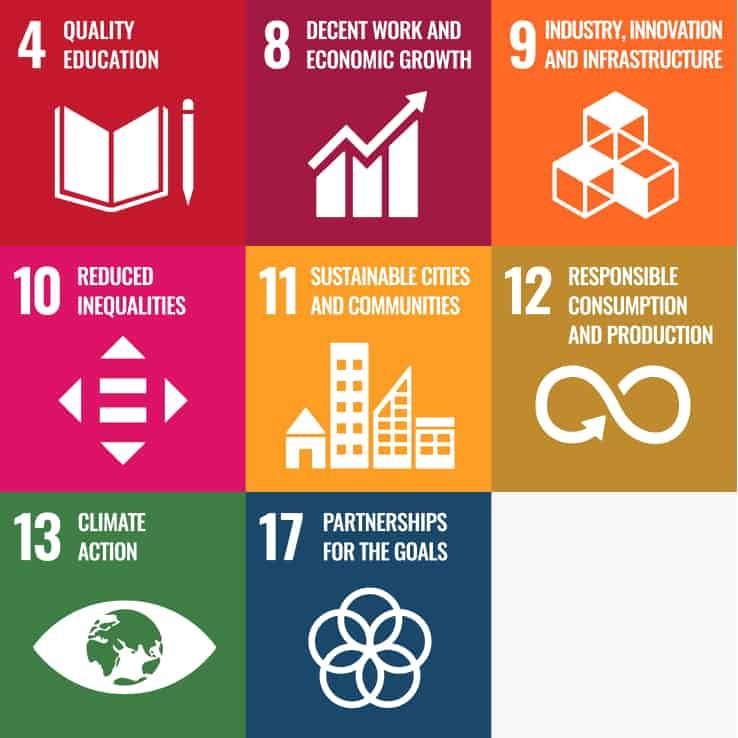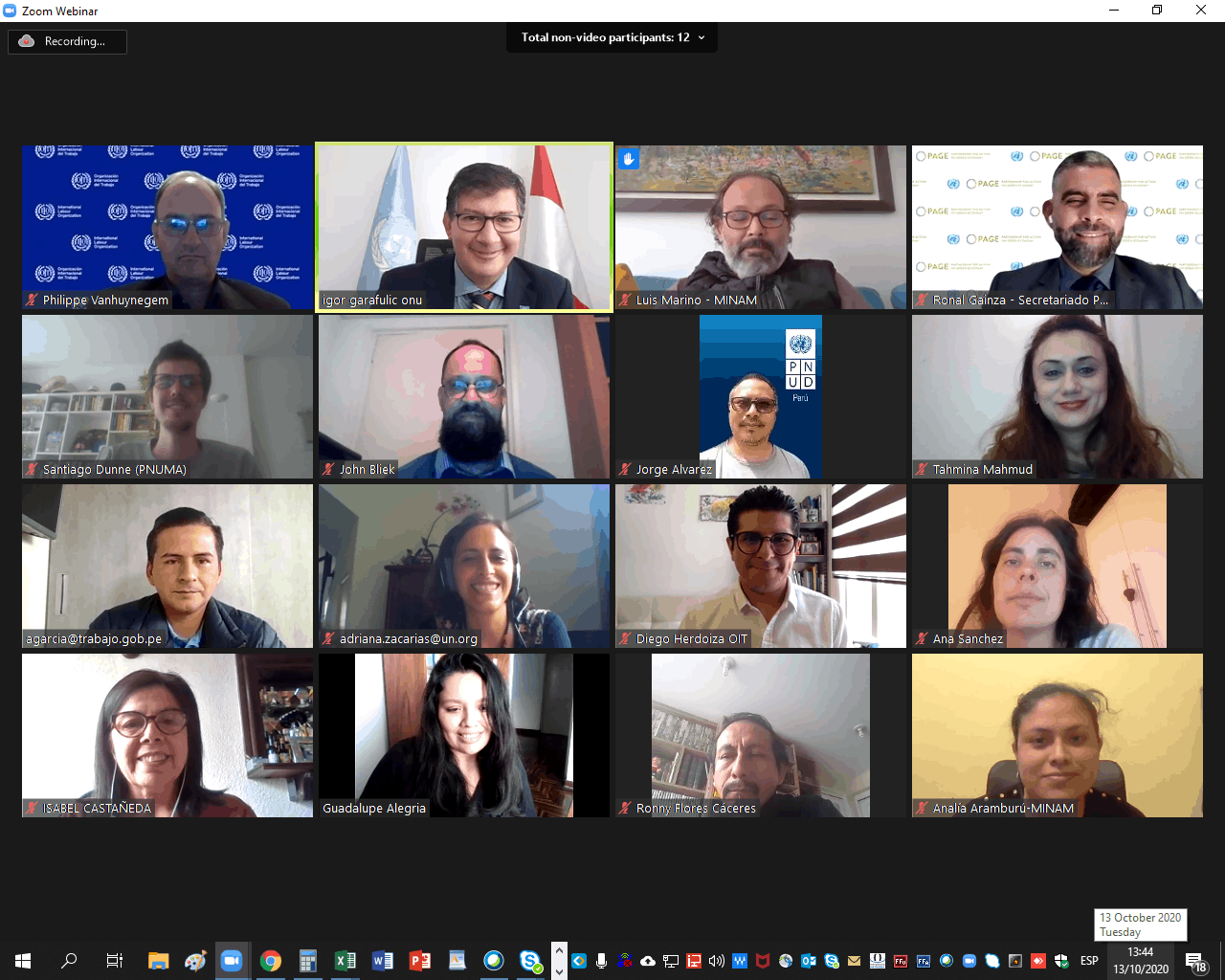Main Navigation
Peru
Overview
Peru’s guiding National Strategic Plan for Development focuses on turning sustainability into a driver of long-term prosperity.
Peru has an abundance of natural resources that serve as the backbone of its economy with more than 50 per cent of its territory covered by forest. Resource-driven growth has degraded the environment over the years, resulting in water and air pollution, soil erosion and deforestation, affecting all segments of society, particularly the most vulnerable.
To combat this, Peru has made strides to turn sustainability concerns into drivers of government policy and long-term prosperity, notably seen in its Bicentennial Development Plan of 2011. This set the stage for Peru to join PAGE in 2014, with the aim of promoting efficient use of resources, environmental quality, and green jobs creation.
PAGE has since supported the integration of green growth into national planning, assisted the implementation of green sectoral and thematic policies and built both, individual and institutional capacity to support long-term change.
PAGE started a gradual phase-out of support from Peru in 2019, with a sustainability plan developed. Work currently continues through the GIZ through the “Transformation Towards a Green Economy in Cooperation with PAGE” initiative to enhance national capacity and ownership.
Sustainable Development
Important milestones in Peru include its 2018 National Competitiveness and Productivity Policy, integrating sustainability; sectoral and thematic reforms in green jobs, green industry, teleworking and urban transport; the introduction of IGE courses into national curricula and strengthened capacity on forward-looking policy analysis.
This progress has supported achievement of the OECD Declaration on Green Growth and several SDGs, including SDGs 4 (Quality Education), 8 (Decent Work and Economic Growth), 9 (Industry, Innovation and Infrastructure), 10 (Reduced Inequalities), 11 (Sustainable Cities and Communities), 12 (Responsible Consumption and Production), 13 (Climate Action) and 17 (Partnership for the Goals).
PAGE Milestones
- 2014
National Steering Committee established
PAGE work commences with the signing of a Declaration on Green Growth and the launch of a roadmap
- 2015
Formulation of a National Green Employment Plan initiated
First international seminar on teleworking held
- 2016
Youth employment plans for the regions of Arequipa and Piura adopted by regional ordinances
International Congress on teleworking and employment of the future held
Guidelines for Green Growth approved, laying the foundation for the adoption of green growth
- 2017
Development of the Green Industry Policy commenced through a series of Green Industry Forums
Event on telework as a mechanism to improve productivity held
- 2018
National Teleworking Strategy adopted with a supporting Plan
Framework Law on Climate Change published by the new President
National application of the Integrated Green Economy Modelling (IGEM) framework commences including series of trainings
Circular Economy Roadmap for Industry adopted
National Competitiveness and Productivity Policy adopted, with an objective on environmental sustainability
- 2019
National Plan for Competitiveness and Productivity approved, with specific milestones on environmental sustainability
Course on economic modelling developed to be offered by the University of the Pacific from 2020
National sustainability plan finalised as phase out period commences
- 2020
Pilot course on “Inclusive Green Economy Modelling” offered at the Universidad de Pacifico, Peru
‘On the road to Green Growth’ event held with closing ceremony for PAGE and discussion on green economy recovery pathways
Progress in 2020: A Snapshot
Five-years of progress and the way forward
On 13 October, PAGE organized a virtual closing ceremony of the five-year support to Peru, ‘On the Road to Green Growth’. Hosted by […]
On 13 October, PAGE organized a virtual closing ceremony of the five-year support to Peru, ‘On the Road to Green Growth’. Hosted by ILO, the UN Resident Coordinator (UNRC), representatives from four national ministries, PAGE Secretariat and five PAGE agencies were all in attendance.
The webinar celebrated the country’s five-year engagement with PAGE — giving an overview of national achievements and presenting plans to sustain and continue progress through national processes based on the sustainability plan.
The event particularly referred to the success of building national capacity for policy analysis with the ongoing application of PAGE’s Integrated Green Economy modelling tool, distinctly in assessing NCD policies in Peru.
Capacity-building for Green Entrepreneurship
PAGE began supporting the development of a specialization programme on green enterprises in 2020, based on the Green Business Booklet […]
PAGE began supporting the development of a specialization programme on green enterprises in 2020, based on knowledge from the region as well as the Green Business Booklet of the ILO entitled “Start and Improve your Business”. The programme will consist of two modules targeted at MSMEs, for existing business owners who want to green their businesses and entrepreneurs who aim to start a green business. After the development of this program, a Training of Trainers (ToT) Pilot Programme will be organized to replicate the efforts, piloted virtually in early 2021.
Pilot test of university course on Inclusive Green Economy Modelling
PAGE developed a package of teaching materials for a semester-long course on “Inclusive Green Economy Modelling”, which were pilot tested […]
PAGE developed a package of teaching materials for a semester-long course on “Inclusive Green Economy Modelling”, which were pilot tested in spring 2020 at the Universidad de Pacifico, Peru and the course will be replicated at the university in 2021. Subsequently building on the success of the pilot, the course materials were made available in English and Spanish free of charge from September 2020 to higher education institutions around the world, supporting the establishment of recurrent courses on green economic modelling. PAGE organized a webinar on 15 September to present the package globally and explore opportunities for running the course at other universities and institutions in Latin America. During the launch, the Ministry of Industry of Peru also presented its experience in applying the Integrated Green Economy Modelling (IGEM) tool in assessing NDC policies.




